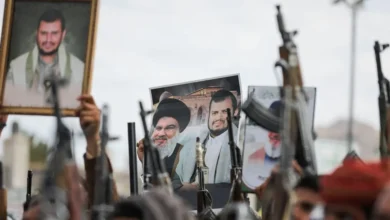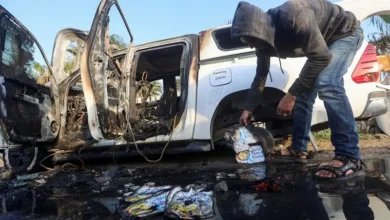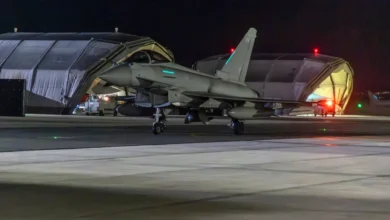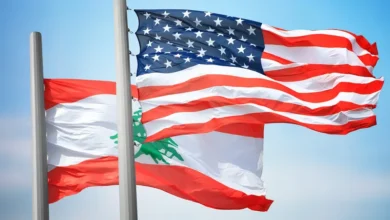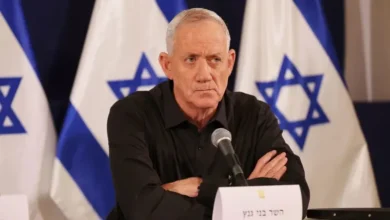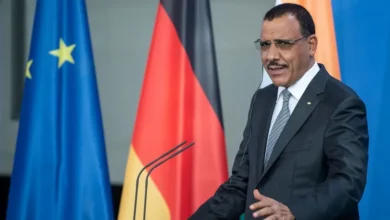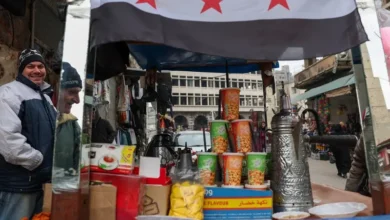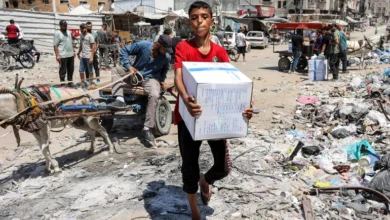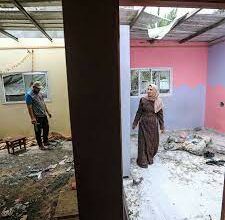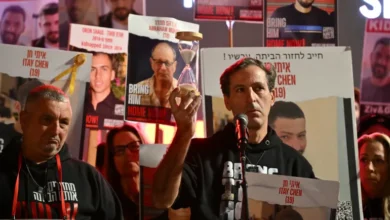Iran’s top Sunni cleric calls for release of political prisoners, criticizes IRGC
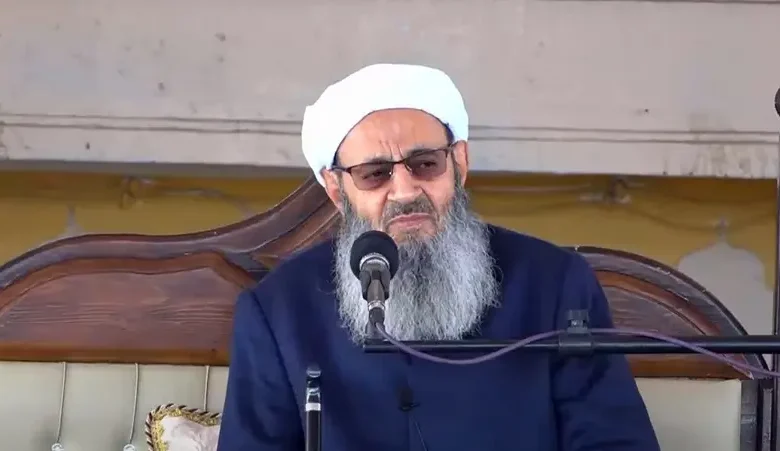
Molavi Abdolhamid, Iran’s most prominent Sunni cleric, called on authorities on Friday to release all political prisoners and criticized the role of the Islamic Revolutionary Guard Corps (IRGC) in the country.
“It is good that some prisoners were released, but we expect other political prisoners to be released too. Release all political prisoners,” Abdolhamid said in his Friday prayer sermon in the city of Zahedan, the capital of Sistan-Baluchistan province, where he is based.
Last week, state media reported that Supreme Leader Ali Khamenei had pardoned “tens of thousands” of prisoners, including many arrested in recent anti-regime.
But rights activists have expressed skepticism, pointing out that many prominent figures remain in jail and activists continue to be arrested.
Abdolhamid also criticized the role of the IRGC in Iran, saying that the country was mostly controlled by the military and that political positions should be held by politicians and specialists in the field.
“There are many generals who are in political positions. The country should be run by politicians … Specialists and people who are capable in the field of politics should run the country,” he said.
Abdolhamid has been openly critical of the regime since nationwide protests erupted in Iran following the death of 22-year-old Iranian Kurdish woman Mahsa Amini in police custody on September 16.
Following Friday prayers, protesters in Zahedan took to the streets again, continuing their weekly demonstrations with chants against Khamenei and the IRGC.
Videos posted on social media showed the protesters chanting “political prisoners must be freed” and “death to Khamenei.”
The protests took place as Iran prepared to mark the 44th anniversary of the 1979 Islamic Revolution on Saturday. That revolution, led by Shia cleric Ruhollah Khomeini, toppled the shah and led to the establishment of the Islamic Republic.
Despite a brutal crackdown by security forces, Sistan-Baluchistan has witnessed protests weekly after Friday prayers since late September.
According to the Oslo-based group Iran Human Rights, more than 400 people have been killed by security forces during the protests across Iran, with Sistan-Baluchistan having the highest number of fatalities.
The province is one of Iran’s poorest regions and is mostly populated by Sunni ethnic Baluchis, a minority in predominantly Shia Iran. Human rights groups say they have faced discrimination and repression for decades.
